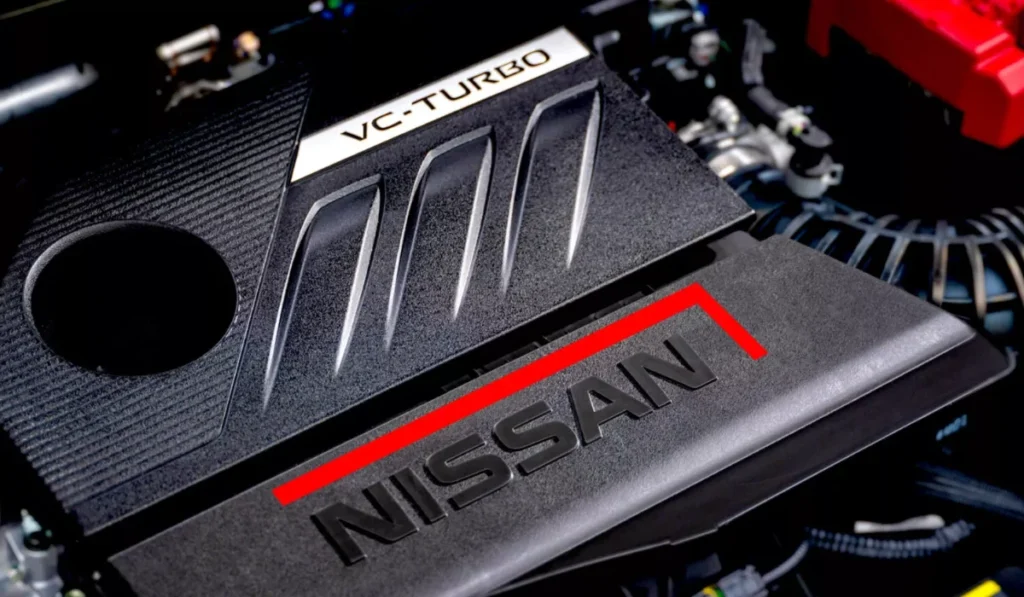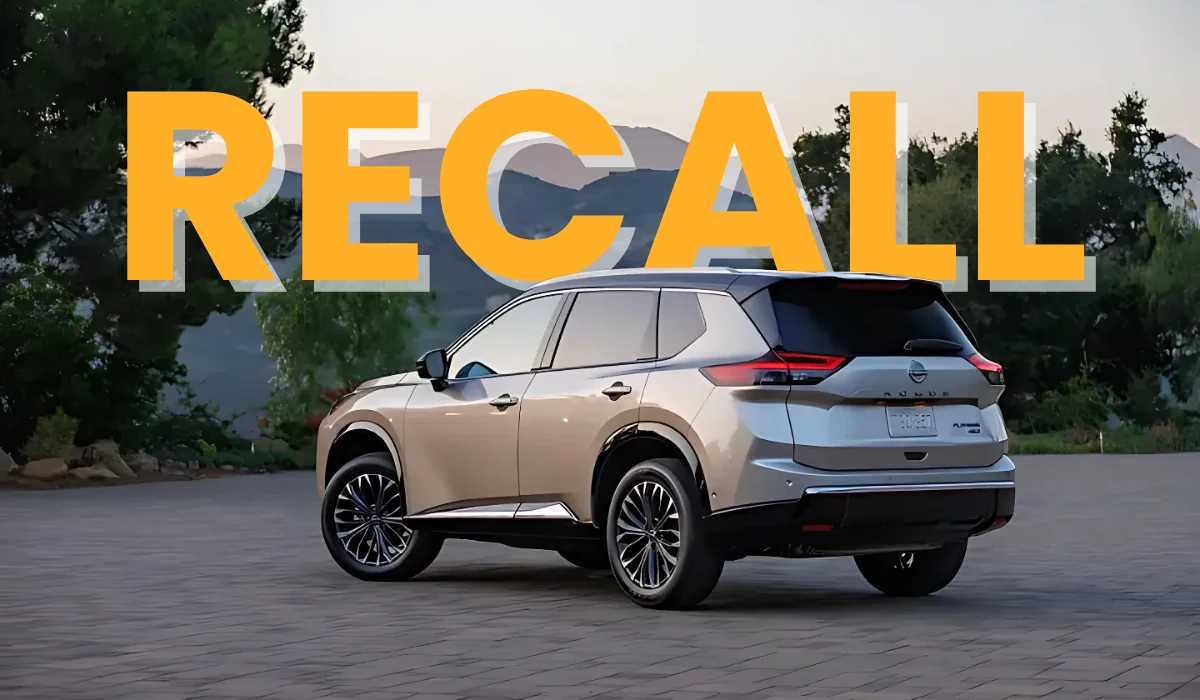Nissan stunned a lot of drivers this week when it announced a huge U.S. vehicle recall. A big engine failure is potentially putting hundreds of thousands of cars at risk, and drivers are of course being advised to take action now.
This is serious, real-world trouble—a genuine threat for people who depend on those cars every day. And it’s a reminder that even popular brands can miss the mark from time to time.
🚨 Urgent Engine Defect Alert—and Why It Matters
The heart of the issue: a minor fault within the engine bearings. It seems small, but it can be catastrophic. The bearings are a part of the engine structure that allow the engine to operate on a smooth plane. When the bearings deteriorate, they can drop metal-debris into the engine oil. That debris can block parts within, cause sudden shake. And in the worst scenario, the engine drops out unexpectedly without warning whatsoever. Typically, that is freaky if it happens anywhere other than your driveway.
Owners are being told not to ignore strange engine sounds, a check-engine light, or rough idling. Bring it in immediately if anything feels off.
Here’s what to know:
- Inspection and repair start July 15; free of charge
- Over 443,000 vehicles are affected in the U.S.
- Includes Nissan Rogue, Altima, Infiniti QX50 & QX55
- Dealers will inspect, clean or swap parts, and may install a new engine
This isn’t just a recall—it’s about staying safe. When your car fails suddenly, it’s not just inconvenient—it can be dangerous.
🚘 What Owners Are Saying—Fear, Frustration, Hope
Car owners are not staying silent. On Twitter, someone posted:
“Just got my VIN checked. My Altima is on the list. Feeling grateful they caught this, but also a bit anxious.”
That panic is real. Facing an engine replacement, even free, is time-consuming. Some worry about being without a car for days. But many are also relieved it was spotted before tragedy struck.
Dealership staff admit the scale is overwhelming. Many are getting questions about timelines, loaner cars, and how to maintain value. Some owners are nervous about resale prices dropping, even after fixes.
Yet there’s a hopeful side, too. One owner wrote:
“Glad Nissan is stepping up with engine swaps. Feels like they actually care this time.”
It shows how much trust can be regained when action follows a mistake.
🔧 Behind the Fix—What Nissan Is Doing Differently This Time
Nissan isn’t just offering basic repairs. They’re going a step further by replacing engines in severe cases. That takes resources—and shows real responsibility. It’s expensive, but it demonstrates they’re treating this as a big deal, not a small oversight.

Repairs begin mid-July. For many, it will mean:
- Free inspection for metal flakes
- Oil pan or engine replacement if needed
- Tune-ups, updated engine software, and fresh gaskets
- Possible full engine swaps
Dealers are also preparing extra loaner vehicles. Still, this fix operation may stretch into the fall. That’s why Nissan could offer extended warranties on VC-Turbo models—a rare move that would boost their long-term credibility.
It’s a tough job, but if it’s done well, it might restore faith in the brand. The challenge is now for Nissan to deliver quick, worry-free service—without owners facing long waits or hidden costs.
🌟 Fresh Insights No One’s Talking About
Beyond safety, here are some rarely mentioned impacts:
- Insurance implications: Cars with major engine repairs might temporarily raise insurance rates. Buyers and current owners should monitor policy changes carefully.
- Aftermarket parts support: Independent mechanics must match updated OEM parts. Any mix-up can risk future problems.
- Resale challenges: Help your value by keeping documentation of the recall fix. Records matter.
- Environmental effect: What happens to the old engines? Responsible disposal or recycling talks begin now—with big environmental stakes.
- Software upgrades: Some newer VC-Turbo models include updated engine mapping. That might improve performance and reliability after fixes.
These side effects matter for owners and buyers alike.
📝 The Bottom Line—What You Should Do Now
If you own a 2019–2024 Nissan Rogue, Altima, Infiniti QX50 or QX55 with a VC‑Turbo engine, here’s what to do:
- Check your VIN on Nissan’s recall site
- Watch your mailbox—owner letters go out by August 25
- Book an appointment with your dealer after July 15
- Ask about loaner vehicles if they swap your engine
- Keep all paperwork—especially for warranty and resale value
This isn’t just a technical fix. It’s about making sure your ride stays safe and reliable.
Final Thoughts
A recall of this scale is more than paperwork—it’s about trust. Nissan’s swift action, full engine replacement offer, and possible extra warranty show they understand that. Owners want reassurance, not just repairs.
It’s a big test of Nissan’s commitment to safety and responsibility. And for drivers, the message is clear: Don’t ignore this recall. Acting now could keep you safe and protect your investment.
FAQs
Which models are recalled by Nissan?
Rogue, Altima, Infiniti QX50, and QX55 with 1.5 L or 2.0 L VC-Turbo engines are affected.
How many vehicles are included?
443,899 vehicles across the U.S.
What’s the problem with the engines?
Defective engine bearings shed metal debris, potentially damaging the engine.
When will dealers inspect and repair?
Dealer inspection starts July 15; owner notifications by August 25.
Will repairs cost me anything?
No—all inspections, repairs, and replacements are free of charge.
Could I get a brand-new engine?
Yes, Nissan plans full engine replacements in severe cases with metal debris.
Will this affect my car’s resale value?
Possibly—vehicles with recalls can see lower resale prices unless fully serviced and documented.
How do I check if my car is affected?
Use the Nissan Recall Lookup tool with your VIN.
Image Source: Carscoop

